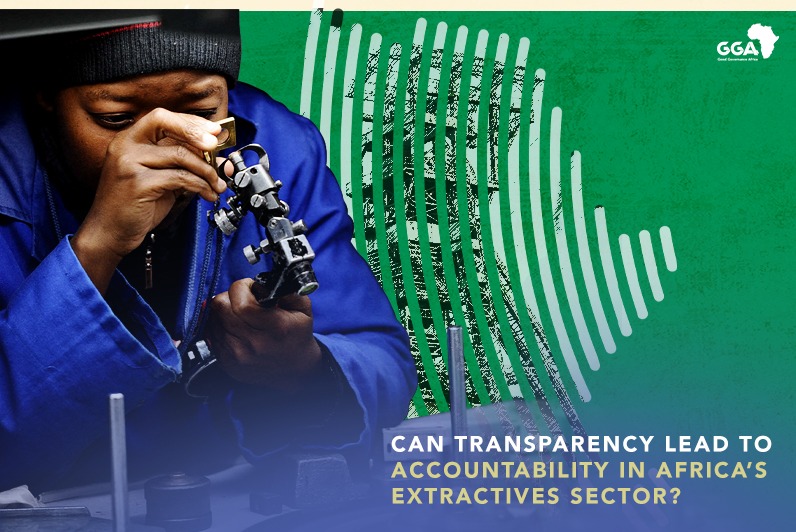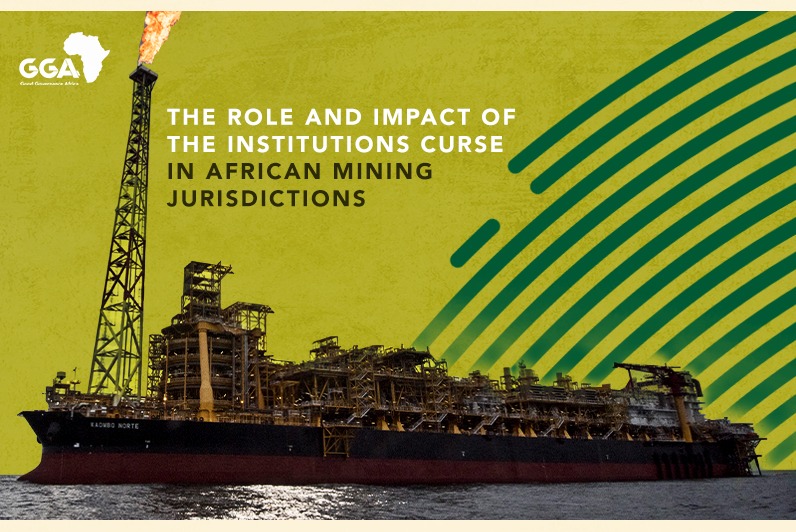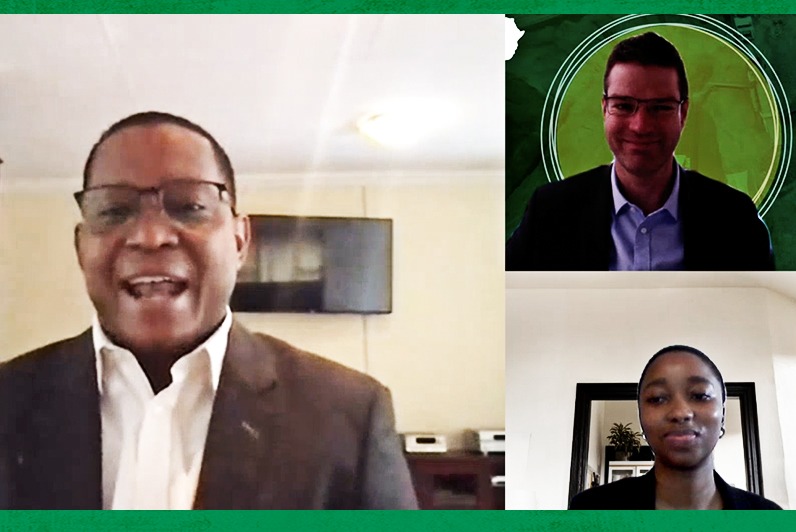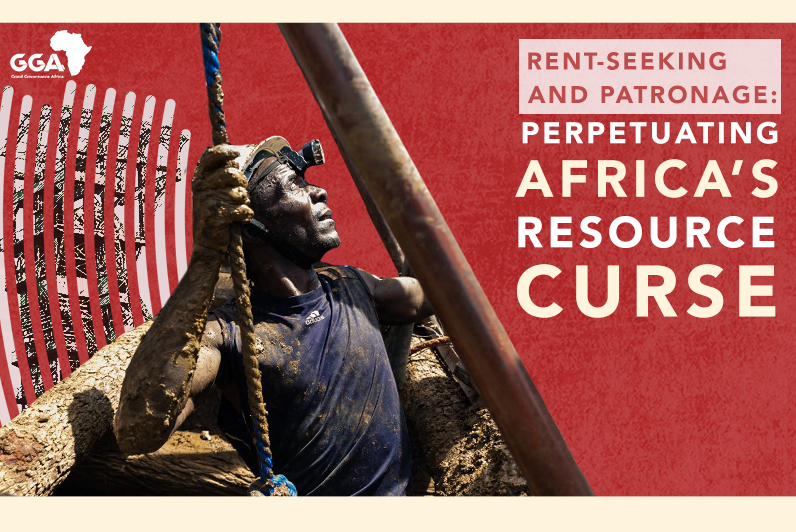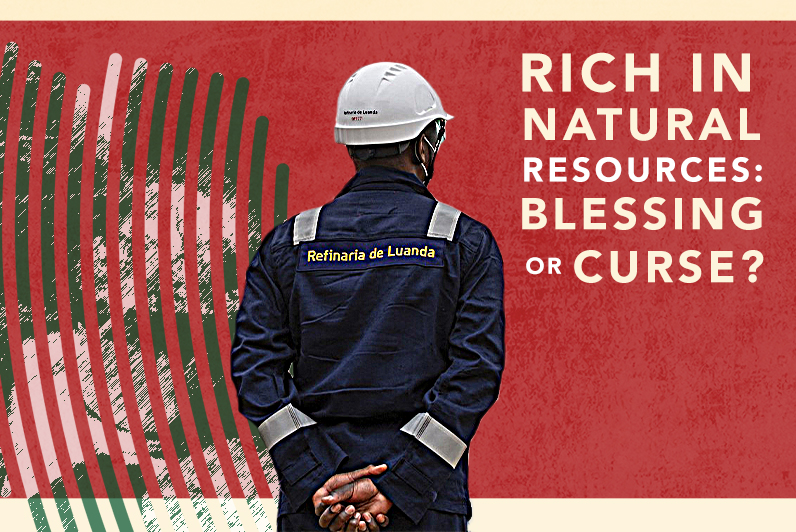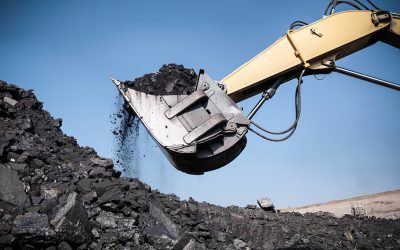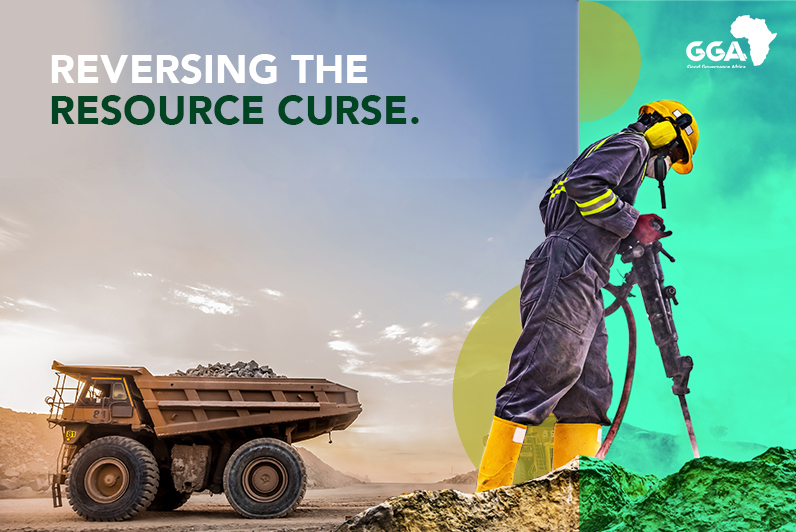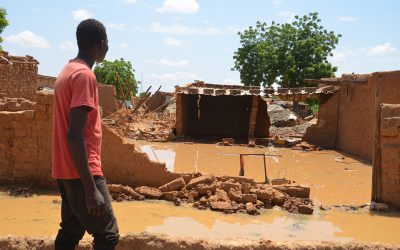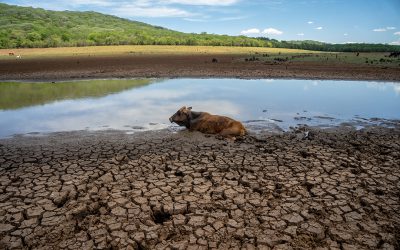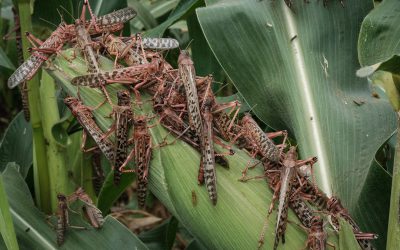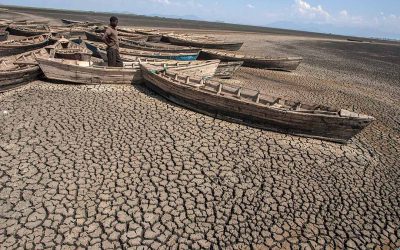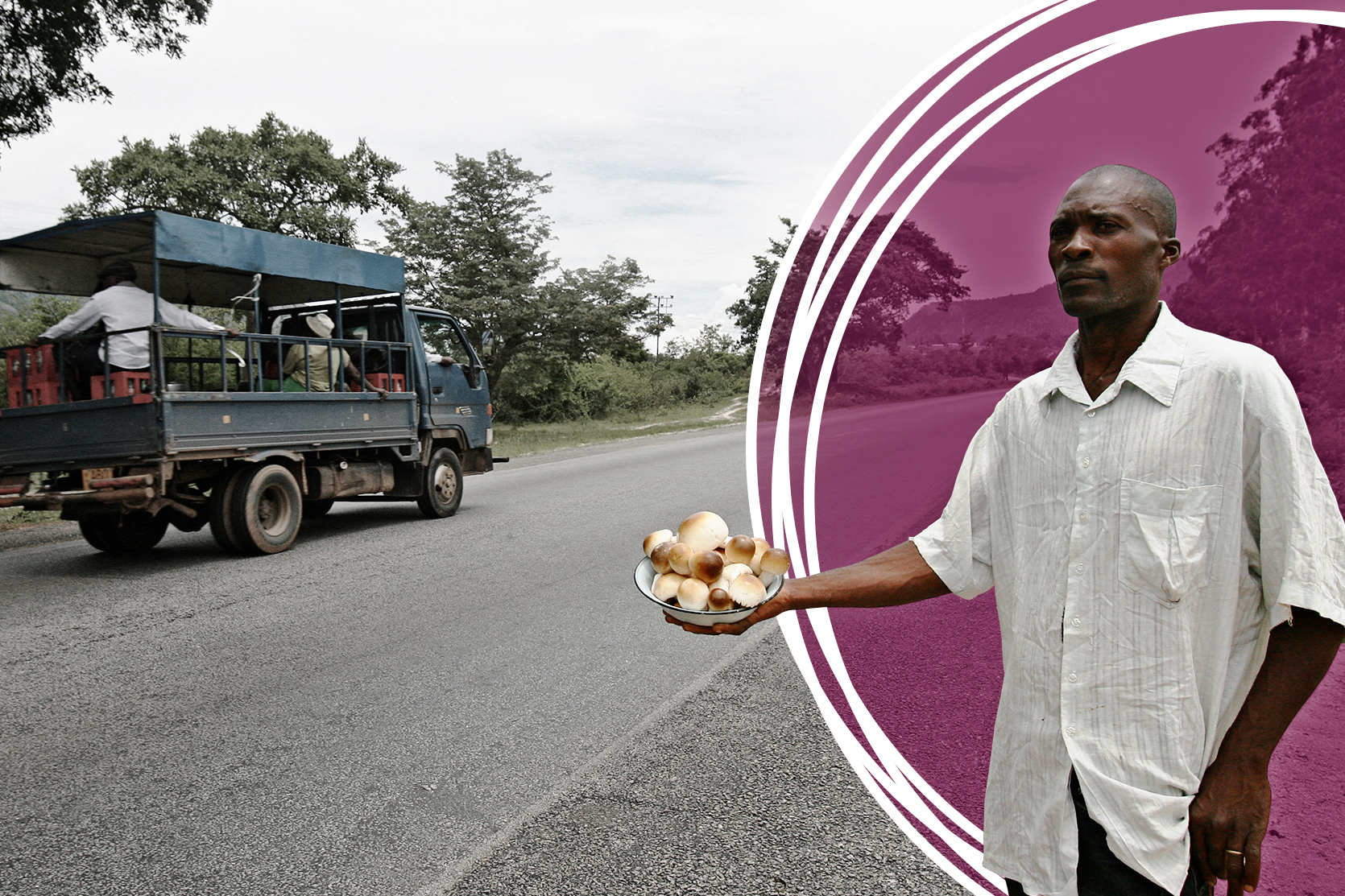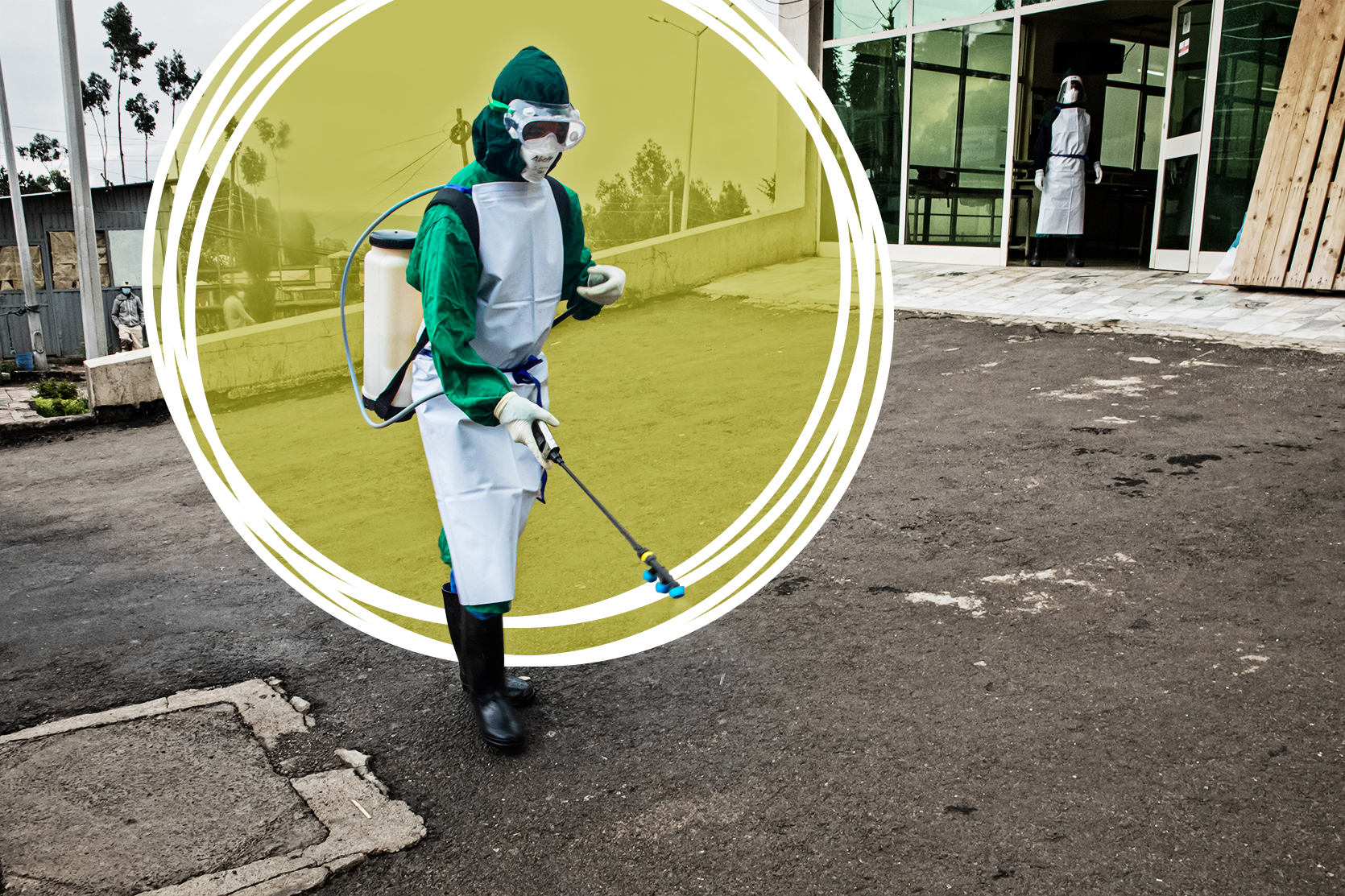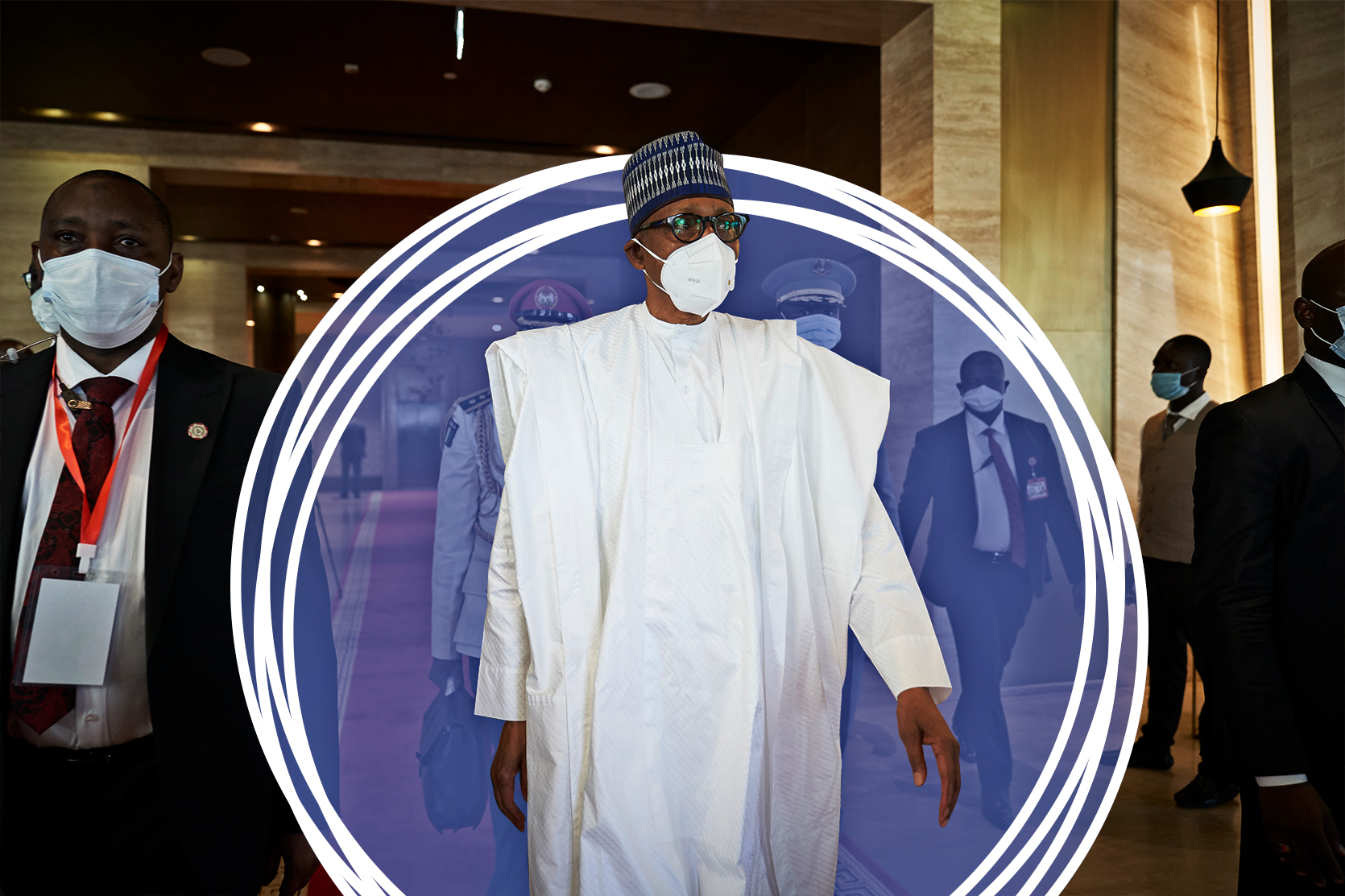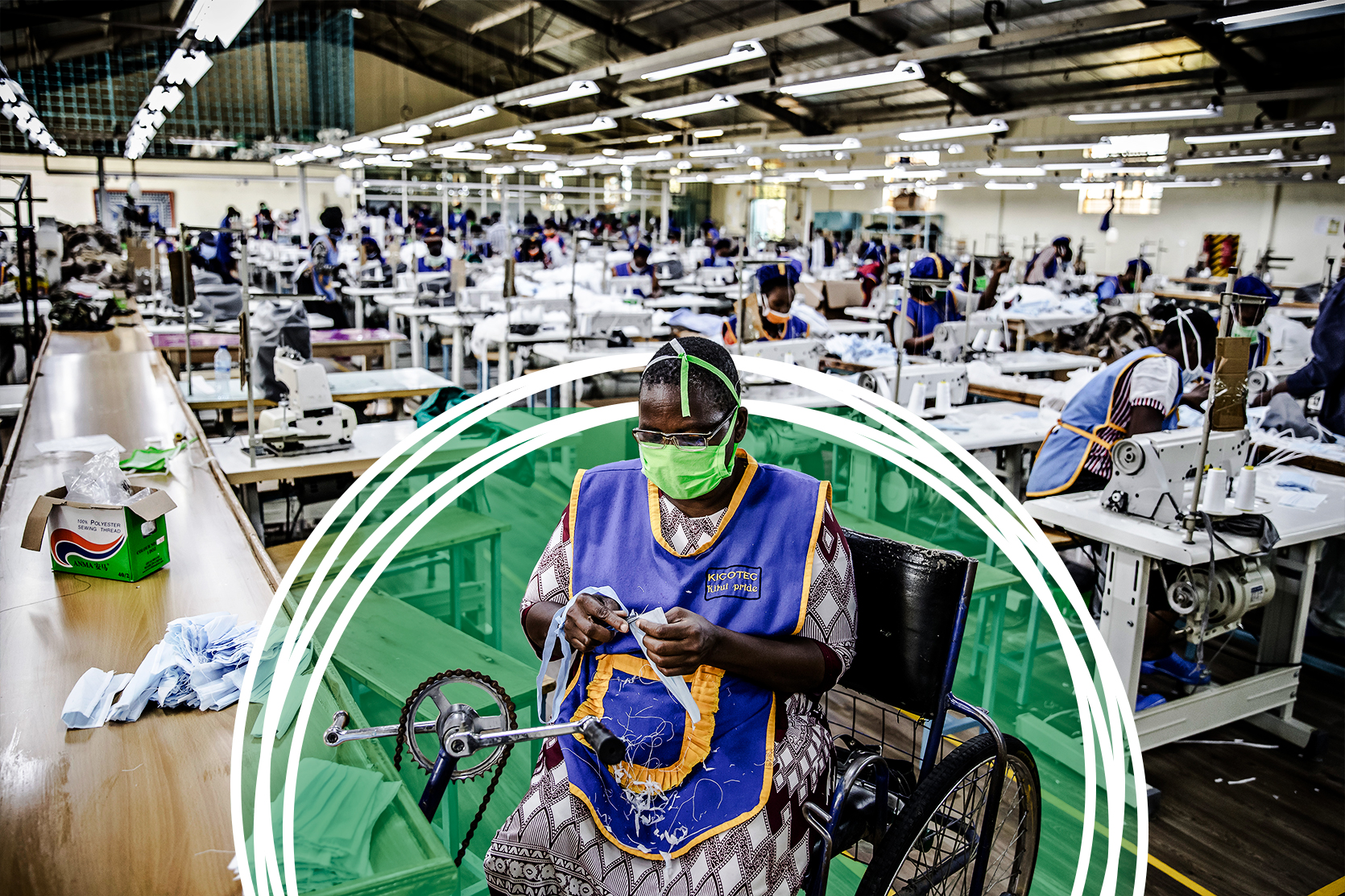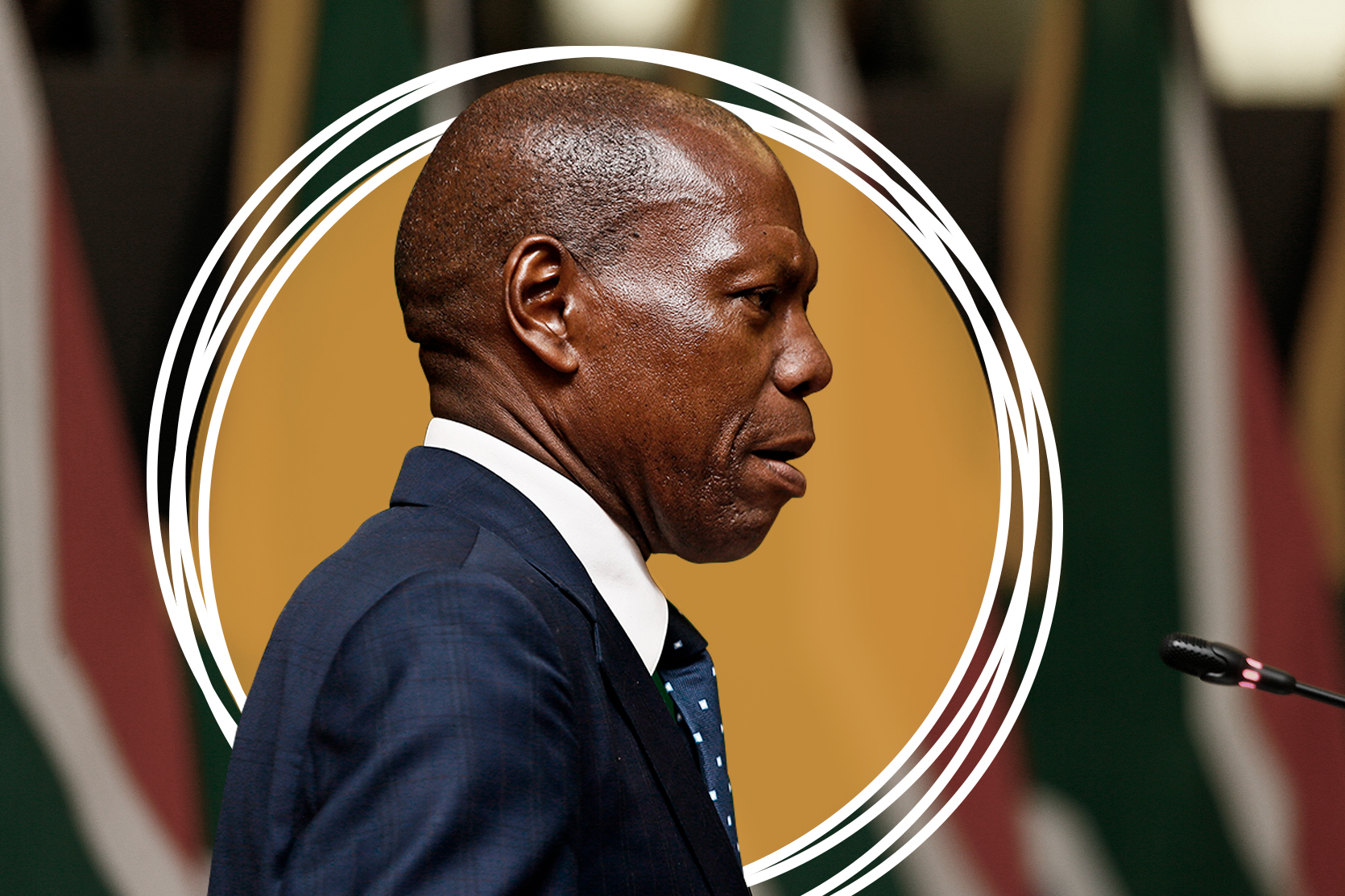The wild cost of oil exploration:
Oil prospecting off South Africa’s Wild Coast threatens far more than its delicate ecosystem
Shell exploration: Managing natural resource governance and environmental concerns
The 26th Conference of the Parties (COP26) has recently concluded in Glasgow. That there was sunshine in that part of the world was perhaps all the...
Reversing the Resource Curse
Governance matters: How can transparency lead to real accountability in the extractives sector in Africa
Extractive resources are different from other resources in many ways. To begin with, extractive resources (petroleum, minerals, etc.) are strategic and can even make advanced countries such as Japan depend on less developed countries like Angola and Algeria.
The role and impact of the Institutions Curse in perpetuating the Resource Curse
When oil, natural gas, or similar natural resources are discovered the expectation is that their exploitation will dramatically and materially benefit the population of the host country.
Reversing the Resource Curse – Mining Vodcast
Tune in to our first vodcast of the campaign above, in which GGA SADC Executive Director, Chris Maroleng, hosts colleagues, Busisipho Siyobi (Lead Researcher, Natural Resource Governance Programme), and Dr Ross Harvey (Director of Research & Programmes).
The impact of rent-seeking and patronage in perpetuating the Resource Curse
As we gain better understanding of how the Resource Curse manifests in developing countries, we now pay close attention to the key mechanisms that drive the Resource Curse even deeper. Rent-seeking and patronage are among the key contributing factors to this wicked problem.
How the Resource Curse has played out in Nigeria and Angola
In weakly institutionalised contexts, natural resource wealth tends to be a curse instead of a blessing. Where citizens are relatively powerless to hold ruling elites to account, resource wealth undermines development prospects.
An assessment of the Extractive Industries Transparency Initiative
By Busisipho Siyobi
The Extractives Industries Transparency Initiative (EITI), founded in 2003, was formed as a tool to improve and promote transparency in the oil and gas, and mining sectors, respectively.
How do we reverse the Resource Curse?
Scholar Richard Auty first coined the phrase ‘resource curse’ in 1993 to illustrate the confounding nature of the relationship between natural resource abundance and under-development. Intuitively we expect that natural resources would provide the bedrock for development. To the contrary, empirical evidence suggests a strong correlation between natural resource wealth and poor development outcomes, at least since the early 1970s.
Climate change
Transnational climate governance or national climate policy – what matters more?
Over the past two decades, countries have battled to reach meaningful multilateral consensus on reducing carbon emissions at international climate...
Climate finance and COP26 – A key issue for Africa
After being postponed by a year due to COVID-19, the United Kingdom will host the long-anticipated 26th annual United Nations Global Climate Summit...
New breeding swarms of desert locusts pose major threat to food security in Horn of Africa and Yemen
In 2020, East Africa experienced its worst desert locust outbreak in 25 years — in 70 years for Kenya — which put nearly 40 million people at risk...
COP26: the 11th hour for international climate action and a crucial moment for Africa
Climate change is perhaps the epitome of a ‘wicked problem'. On the one hand, it is a relatively abstract concept, the concrete reality of which is...
Covid-19
Zimbabwe: caught between the pandemic and an incapable state
The Zimbabwean government’s plans to pay ZW$ 300 a month to a million households were screamed in a headline in the state-controlled Sunday Mail edition of 26 July.
C-19 in Ethiopia: Cautious during the day, disarmed at night
Burial rituals are an elaborate affair in most of Ethiopia. Burials here have their roots in the Jewish culture of “Shiva”, and they are followed by a period of mourning in which an entire community is engaged as a show of solidarity with those who are grieving.
Nigeria: Easing a lockdown, while ignoring WHO guidelines
From the get-go, the Nigerian authorities publicised precautions for people to keep safe against COVID-19 and ways through which they could prevent the spread of the disease.
Cameroon: Covid-19 worsens pre-existing vulnerabilities for some
Even before the outbreak of the coronavirus pandemic, persons living with disabilities in Cameroon had a peculiar problem – they lacked adequate social support and service delivery.
C-19: Kenya passes the burden – to the individual
After months of coronavirus lockdown, President Uhuru Kenyatta on 7 July announced phased reopening in Kenya, paving the way for the resumption of international flights from 1 August.
Zimbabwe’s ill-equipped health infrastructure
Despite Zimbabwe’s crumbling public health infrastructure, former health minister Obadiah Moyo told journalists in Harare on 2 May, 18 days before the country recorded its first Covid-19 case, that the southern African nation was ready to handle the global pandemic.
SOUTH AFRICA: A prescription for good governance in health
When then Health Minister Aaron Motsoaledi used a state hospital in 2013, the event was unusual enough to make headlines. Until then, it would have been unheard of for a senior politician to use a public hospital.
Covid-19
Zimbabwe: caught between the pandemic and an incapable state
The Zimbabwean government’s plans to pay ZW$ 300 a month to a million households were screamed in a headline in the state-controlled Sunday Mail edition of 26 July.
C-19 in Ethiopia: Cautious during the day, disarmed at night
Burial rituals are an elaborate affair in most of Ethiopia. Burials here have their roots in the Jewish culture of “Shiva”, and they are followed by a period of mourning in which an entire community is engaged as a show of solidarity with those who are grieving.
Nigeria: Easing a lockdown, while ignoring WHO guidelines
From the get-go, the Nigerian authorities publicised precautions for people to keep safe against COVID-19 and ways through which they could prevent the spread of the disease.
Human Security
READ BETWEEN THE LINES
Sign-up to our newsletter to get the inside track on Africa

